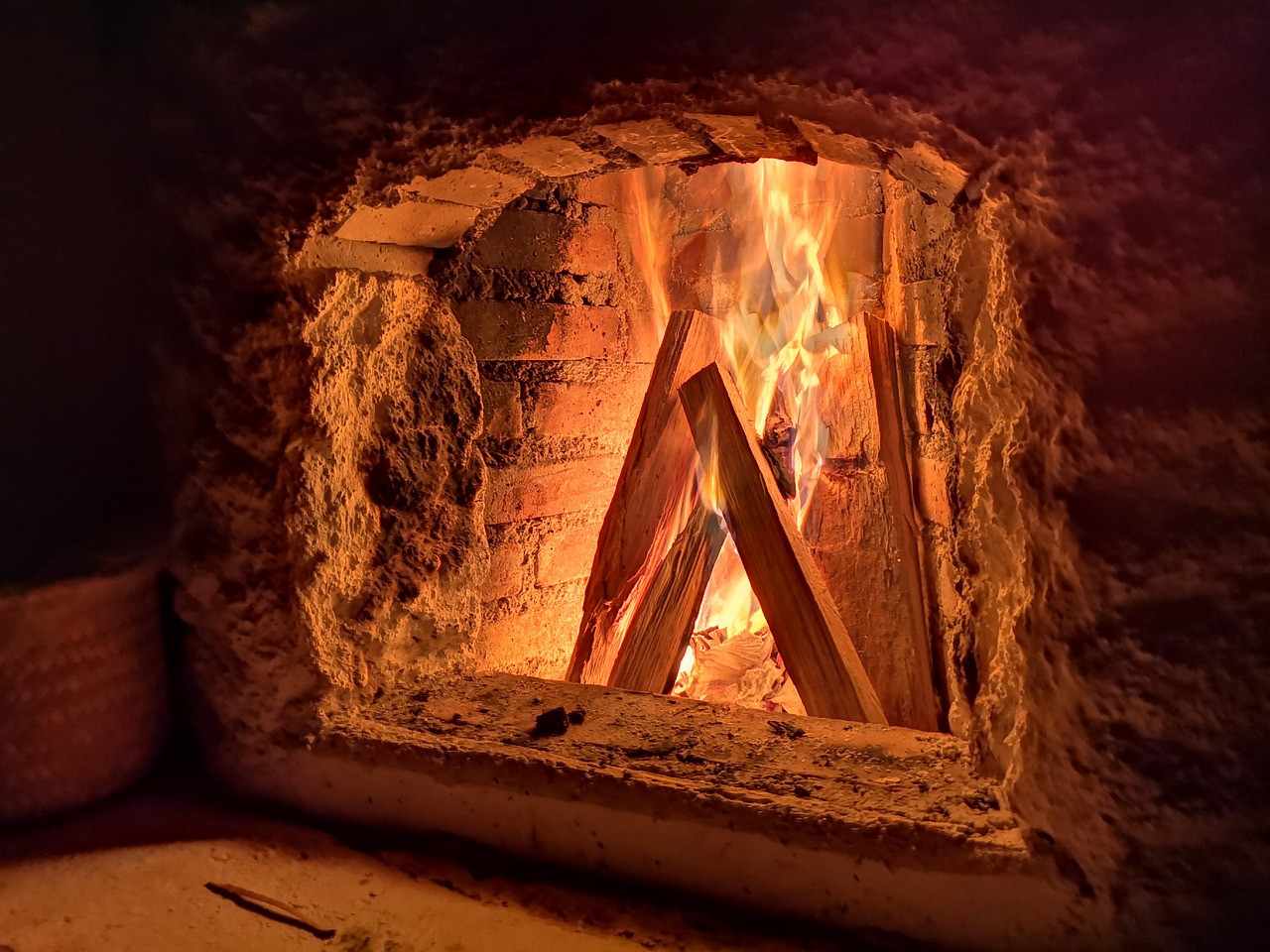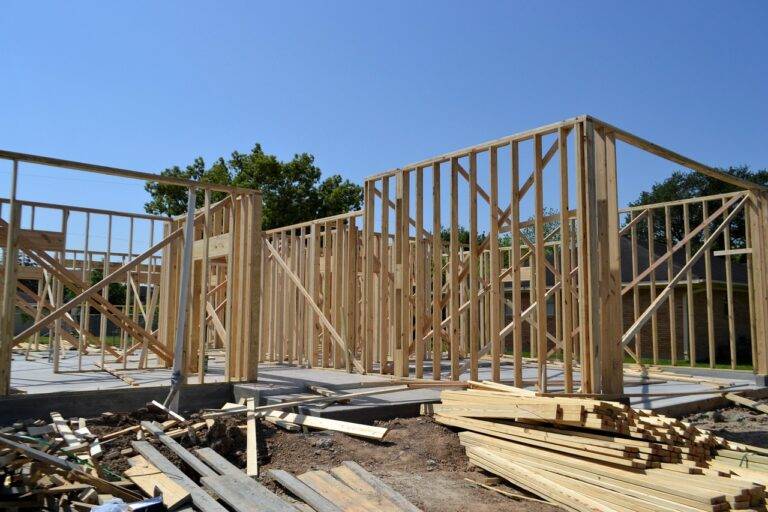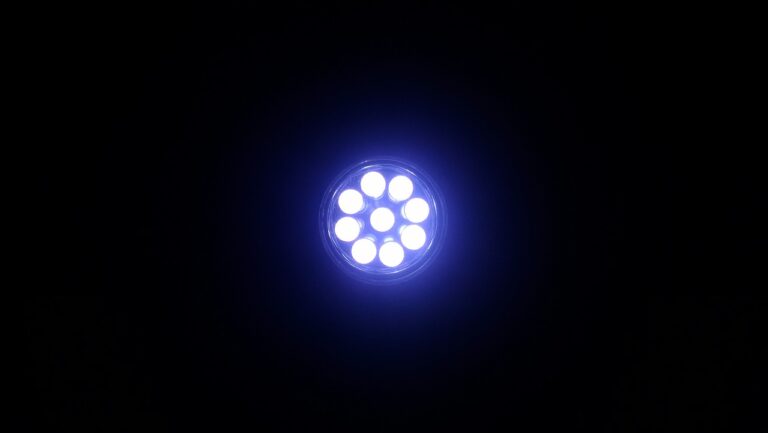The Impact of Kitchen Exhaust Fans on Energy Bills: Gold bet 7, Radhe exchange, 11xplay.online
gold bet 7, Radhe Exchange, 11xplay.online: The Impact of Kitchen Exhaust Fans on Energy Bills
Are you someone who loves to cook up a storm in the kitchen? If so, you likely rely on your kitchen exhaust fan to help keep your space well-ventilated and free of strong odors. While these fans are incredibly helpful in maintaining air quality, have you ever stopped to think about the impact they may have on your energy bills?
In this article, we will explore how kitchen exhaust fans can affect your monthly expenses and what you can do to minimize their impact.
Understanding the Energy Consumption of Kitchen Exhaust Fans
Kitchen exhaust fans are essential appliances that help remove smoke, steam, and cooking odors from your kitchen. However, they also consume a significant amount of energy while operating. On average, a typical kitchen exhaust fan can use anywhere from 30 to 300 watts of electricity per hour.
If you love to cook frequently and use your exhaust fan for extended periods, this energy consumption can quickly add up. Over time, this can lead to higher energy bills that may come as a surprise to some homeowners.
How Kitchen Exhaust Fans Affect Energy Bills
The more you use your kitchen exhaust fan, the higher your energy bills are likely to be. This is because running the fan continuously requires a constant supply of electricity, which can drive up your monthly expenses.
Additionally, some older models of kitchen exhaust fans may be less energy-efficient than newer, more advanced models. If you have an older fan that is not ENERGY STAR certified, it may be consuming more electricity than necessary, further increasing your energy bills.
What You Can Do to Save Energy
To minimize the impact of kitchen exhaust fans on your energy bills, consider the following tips:
1. Use your fan only when necessary: Turn on the exhaust fan when you are cooking to remove smoke and odors, but remember to turn it off once you are done to save energy.
2. Invest in an ENERGY STAR certified fan: Upgrading to a more energy-efficient model can help reduce your energy consumption and lower your monthly bills.
3. Clean your fan regularly: A dirty or clogged exhaust fan may have to work harder to remove smoke and steam, leading to increased energy consumption. Make sure to clean your fan filters regularly to keep it running efficiently.
4. Consider alternative ventilation methods: If possible, open a window or use a portable air purifier to help ventilate your kitchen without relying solely on the exhaust fan.
By following these tips, you can help minimize the impact of kitchen exhaust fans on your energy bills and keep your kitchen well-ventilated without breaking the bank.
FAQs
Q: How often should I clean my kitchen exhaust fan filters?
A: It is recommended to clean your fan filters at least once every three months to ensure optimal performance and energy efficiency.
Q: Can I install a timer on my exhaust fan to control its usage?
A: Yes, installing a timer on your exhaust fan can help you regulate its usage and avoid unnecessary energy consumption.
Q: Are there any rebates or incentives available for upgrading to an ENERGY STAR certified exhaust fan?
A: Some utility companies offer rebates or incentives for upgrading to energy-efficient appliances, including kitchen exhaust fans. Check with your local utility provider to see if you qualify for any programs.
In conclusion, while kitchen exhaust fans are essential for maintaining air quality in your kitchen, they can also contribute to higher energy bills if not used efficiently. By following the tips mentioned above and making smart choices about your exhaust fan usage, you can keep your energy bills in check while enjoying a clean and well-ventilated kitchen space.







